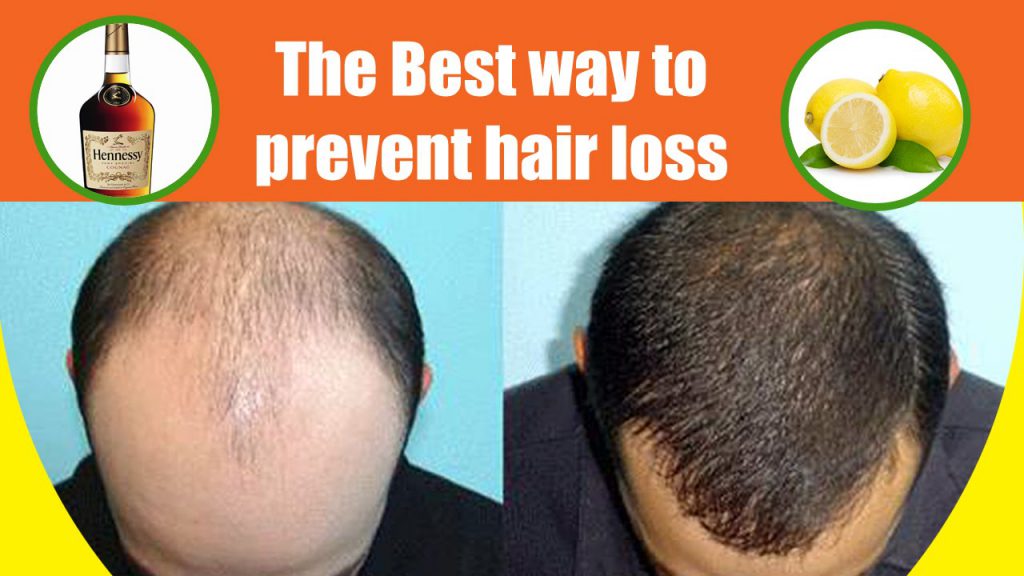13 Factors That Affect the Rate of Hair Growth
Generally, the hair grows about half an inch per month. However, there are variety of things can affect the rate of hair growth. By knowing these factors, we can have the most control to help us maximise how fast hair grows.
- Age. Generally, the incidence of hair loss in both males and females corresponds to chronological age. The older you get, the greater your chances of losing hair. People usually experience slower growth as they age.
- Climate. It is said that our locks grows faster in warmer weather. On the other hand, the sun can damage the scalp and hair. So it is recommended to protect your locks against UVA and UVB rays with a hat or a sunscreen especially in the summer months. Cold can also affect growth. Cold air can make the hair dry, fragile, and more brittle.
- Diet. The rate of growth also depends on the health of the scalp and follicles. To ensure faster hair growth, your diet should include fresh fruits and vegetables. Good nutrition means the best possible condition for building strong, radiant locks.
- Vitamins and Minerals. The B vitamins are especially helpful in having healthier hair growth. Important minerals are iron, zinc, iodine, and silica.
- Rest and Sleep. Having adequate rest is important to the body and even to our hair. Lack of sleep can negatively affect various bodily processes, including growth of hair. Make it a point to rest when you are tired and try to get at least 7 hours of sleep daily.
- Exercise. When you exercise, there is an improvement in your general health. It also increases blood flow to the scalp for better oxygenation and nutrient distribution.
- Stress. Learn how to control stress since this is one of the more common reasons behind sudden hair loss. When you are under pressure, this puts more follicles in the resting phase of the hair cycle.
- Genes. Genetic factors are responsible not only for hair color but also on density, texture, and growth. In people who are genetically prone to hair loss, DHT or dihydrotestosterone initiates miniaturization of the hair follicles. In time, the hair becomes thinner and the overall volume of your tresses decreases. Eventually, the hair follicle can cease to produce hair completely.
- Hormones. Certain hormones can affect the growth of hair. Among these are thyoroid hormone, estrogen, and testosterone. Both hypothyroidism and hyperthyroidism can lead to loss of hair. The female hormone estrogen increases the number of follicles in the hair growth cycle as seen in pregnancy. After childbirth, the level of this hormone drops and the hair starts to shed. The male hormone testosterone, on the other hand, combines with 5AR or 5 alpha reductase to form DHT. DHT is identified as the main cause of balding in men and women.
- Health issues. Various medical conditions such as thyroid problems, scalp infections, lupus, lichen planus, and alopecia areatea can adversely affect the general condition of the hair.
- Hair and scalp condition. There are a number of factors that can contribute to slower hair growth. These are ringworm infection, folliculitis or inflammation of the hair follicles, psoriasis and seborrheic dermatitis. Hair that is dry is prone to breakage and hair loss.
- Lifestyle. Various lifestyle factors can affect hair growth. Smoking has been linked to baldness and premature hair ageing. Living healthier and taking everything in moderation is key to promote a fit body and healthy locks.
- Hair products. When choosing a shampoo, opt for an organic and herbal based blend that promote and maximize healthy hair growth.
To ensure healthy hair and faster hair growth, caring for your hair should be part of your daily routine.
13 Factors That Affect the Rate of Hair Growth by Michael Sean Scott



